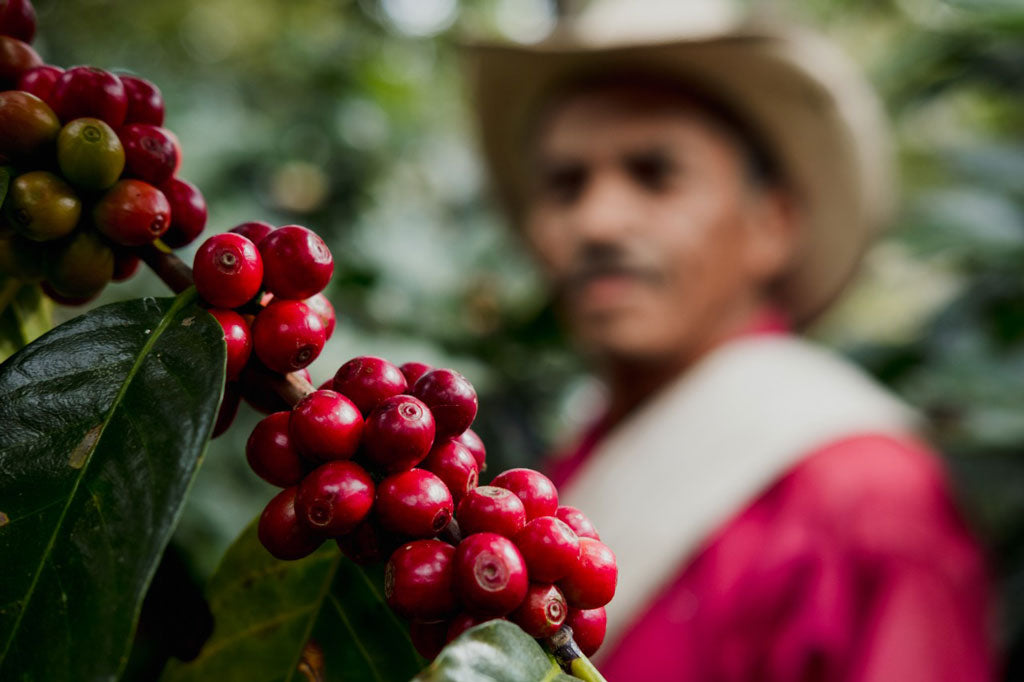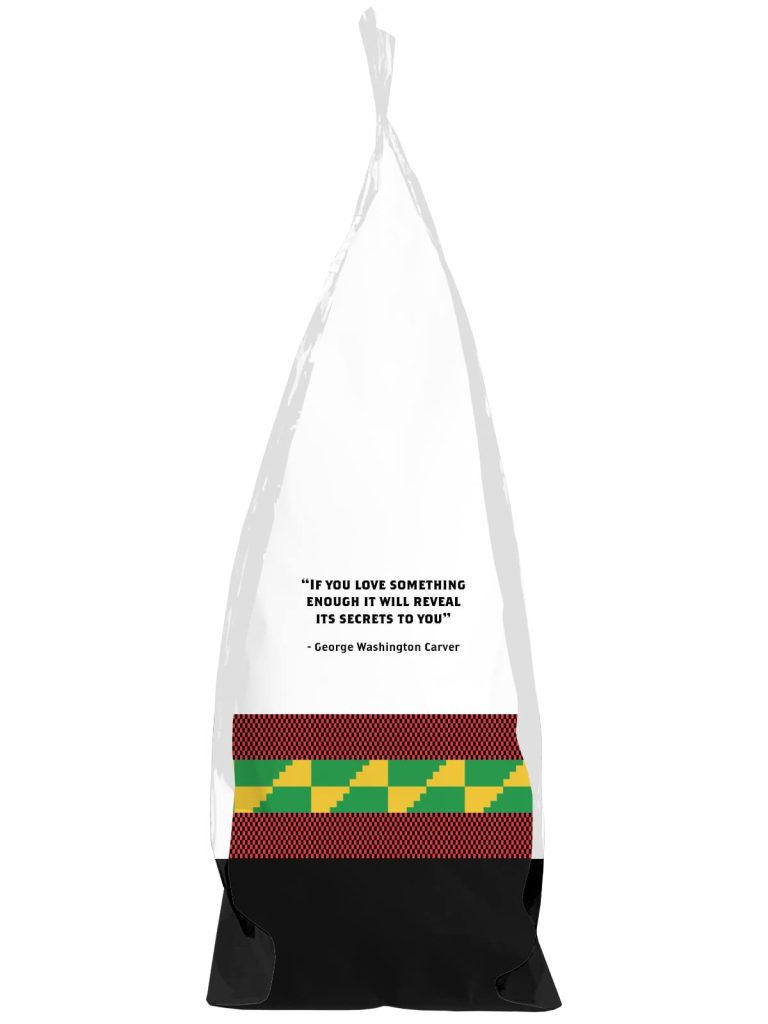Decaf coffee typically contains about 2-5 milligrams of caffeine. Decaffeinated coffee is created by removing most of the caffeine from the coffee beans through various processes.
While it is not completely caffeine-free, decaf coffee still contains significantly less caffeine than regular coffee. We will explore the caffeine content of decaf coffee, the methods used to decaffeinate it, and the potential benefits and drawbacks of choosing decaf over regular coffee.
Whether you are sensitive to caffeine or simply looking to reduce your overall intake, understanding the caffeine levels in decaf coffee can help you make informed decisions about your daily caffeine consumption. Read on to discover more about decaf coffee and its caffeine content.
Demystifying Decaf: What Makes It Different?
Decaf coffee has always been a topic of curiosity for coffee lovers. Understanding the processes that remove caffeine from coffee beans is key to comprehending what sets decaf apart. When it comes to decaffeination methods, several factors affect the caffeine extraction process.
Chemistry plays a significant role in these methods, and different techniques are employed to remove caffeine from coffee beans. The goal is to extract caffeine while preserving the flavors and characteristics of the coffee. Various solvents, such as water, carbon dioxide, and organic compounds, are used to decaffeinate coffee.
Each method has its own advantages and disadvantages, but they all strive to provide a satisfying cup of decaf coffee without compromising taste. So, next time you sip on a decaf brew, you’ll have a deeper appreciation for the intricate process behind it.
Decaf Coffee: The Caffeine Conundrum
Decaf coffee has always been a subject of intrigue when it comes to its caffeine content. The truth behind this enigma lies in the hidden remnants of caffeine that still exist in decaf coffee. This can vary significantly among different brands, making it important to analyze the variability.
Each brand has its unique process to remove caffeine, which can result in varying levels of caffeine left in the final product. Some brands specifically aim for lower caffeine content, while others may not be as successful in removing it entirely.
As a result, it is essential for coffee lovers to be aware of these differences and choose their decaf coffee brand accordingly. So, the next time you reach for a cup of decaf, remember that there might be a surprise waiting for you in terms of its caffeine content.
The Impact Of Caffeine In Decaf Coffee
Decaf coffee may not be completely free of caffeine, as the name suggests. The residual caffeine content varies based on the brewing process and the brand. This can have an impact on individuals who are sensitive to caffeine. Recognizing one’s tolerance is crucial to avoid adverse reactions such as increased heart rate, irritability, or difficulty sleeping.
It is essential to understand that consuming decaf coffee can still result in trace amounts of caffeine. When purchasing decaf coffee, it is helpful to navigate the caffeine content label to know the exact quantity of residual caffeine. This information can assist individuals in making informed choices based on their personal caffeine sensitivity.
By being aware of the residual caffeine in decaf coffee, people can enjoy their cup of joe without any unwanted side effects.
Evaluating The Decaf Coffee Options
Decaf coffee is a popular choice for those who want to reduce their caffeine intake. When it comes to evaluating the options, understanding the caffeine scale for decaf coffee is important. It helps us determine the amount of caffeine present in different decaf coffee products.
Exploring low-caffeine and caffeine-free alternatives can be a great way to find a decaf coffee that suits your preferences. Look for decaf coffee that is labeled as “caffeine-free” or “decaffeinated” to ensure that it contains the least amount of caffeine.
When choosing the right decaf coffee, consider factors such as taste, aroma, and brand reputation. By following these tips, you can enjoy your cup of decaf coffee without worrying about the caffeine content. Remember, each person’s tolerance to caffeine may vary, so it’s important to find the right decaf coffee that works for you.
Fact Vs. Fiction: Debunking Common Decaf Coffee Myths
Decaf coffee has long been misunderstood, and it’s time to bust some common myths. One prevailing misconception is that decaf coffee contains absolutely no caffeine. However, this couldn’t be further from the truth. While decaf coffee does go through a process to remove most of the caffeine, it doesn’t eliminate it entirely.
Another myth revolves around health concerns. Some people mistakenly believe that decaf coffee is detrimental to their well-being, but research suggests otherwise. In fact, moderate consumption of decaf coffee has been linked to various health benefits. Lastly, there’s the notion that decaf coffee lacks flavor.
However, advancements in manufacturing techniques have led to decaf coffee that retains its rich taste. So, if you’re looking for a caffeine-free option but don’t want to compromise on flavor, decaf coffee might just be the perfect choice for you.
Brewing Decaf Coffee: Maximizing Flavor Without Caffeine
Decaf coffee lovers often wonder about the caffeine content in their favorite beverage. Brewing decaf coffee requires special techniques to maximize flavor without compromising on taste. By exploring different brewing methods, you can enhance the characteristics of decaf coffee and enjoy a satisfying experience.
Specialty decaf coffee blends offer a variety of options to suit your personal preferences and give you the perfect cup every time. Whether you prefer a bold and robust flavor or a smooth and mellow taste, there is a decaf coffee blend out there that will satisfy your cravings.
So, indulge in the world of decaf coffee and discover the hidden gems that await you, without worrying about the caffeine content. Enjoy the rich and aromatic flavors in each sip and savor the essence of a well-brewed decaf coffee.
Decaf Coffee Alternatives: Expanding Your Options
Decaf coffee enthusiasts often wonder about the amount of caffeine in their favorite brew. However, they have a plethora of options beyond decaf coffee. Exploring herbal teas can be an exciting journey for those seeking caffeine-free alternatives. These teas offer unique flavors and aromas that can rival the traditional taste of decaf coffee.
Additionally, specialty beverages, such as matcha or golden milk, provide an enriching experience beyond the usual decaf routine. It’s important for decaf coffee lovers to broaden their horizons and discover new and vibrant options. So, when it comes to finding alternatives to decaf coffee, there’s a whole world of flavors waiting to be explored.
Expand your caffeine-free options and indulge in the delightful world of herbal teas and specialty beverages.

Credit: sfbaycoffee.com
Decaf Coffee: A Sustainable Choice?
Decaf coffee is often considered a sustainable choice due to its minimal environmental impact. Various decaffeination processes have different levels of impact on the environment. When choosing decaf coffee, it is important to consider the ethical aspects. Opting for organic and fair trade decaf options supports environmentally friendly practices and ensures fair treatment of coffee farmers.
By selecting decaf coffee that is organic and fair trade-certified, you can enjoy your cup of joe while being mindful of sustainability and social responsibility.
Frequently Asked Questions On How Much Caffeine Is In Decaf Coffee
Is Decaf Coffee Still A Stimulant?
Yes, decaf coffee can still be a stimulant despite having reduced levels of caffeine.
How Much Caffeine Is In An 8 Oz Cup Of Decaf Coffee?
An 8 oz cup of decaf coffee usually contains about 2-5 milligrams of caffeine.
Is Decaf Coffee Ok For Pregnancy?
Decaf coffee is generally considered safe to consume during pregnancy, but moderation is key.
How Many Cups Of Decaf Coffee Is Ok Per Day?
You can safely drink a few cups of decaf coffee each day.
Conclusion
Decaf coffee has become a popular choice for those who love the taste of coffee but want to reduce their caffeine intake. In this blog post, we explored the question of how much caffeine is in decaf coffee. Contrary to popular belief, decaf coffee is not completely caffeine-free.
It still contains a small amount of caffeine, but the levels are significantly lower compared to regular coffee. The exact amount of caffeine can vary depending on the brand and the brewing method used. However, on average, an 8-ounce cup of decaf coffee contains about 2-5 milligrams of caffeine.
This is much less than the 95 milligrams found in a regular cup of coffee. Therefore, decaf coffee can be a good alternative for those who are sensitive to caffeine or prefer to limit their intake. Remember, it’s always a good idea to check the packaging or consult with your barista to determine the exact caffeine content of your decaf coffee.
Sip and enjoy!

